Jeffrey Epstein survivors on coming to terms with what happened to them in Palm Beach: 'I had blamed myself for all these years'
"His face was enough to terrify me for the rest of my life," said one accuser.
Michelle Licata can still vividly recall the anxiety and dread she felt 15 years ago as the car she was riding in crossed a bridge onto Palm Beach, Florida, and turned onto El Brillo Way, a dead-end street of palatial homes partially obscured by tall hedgerows.
"As we were pulling into a neighborhood," Licata recalled, "I started wondering like, 'Where are we? Why are pulling into someone's house?'"
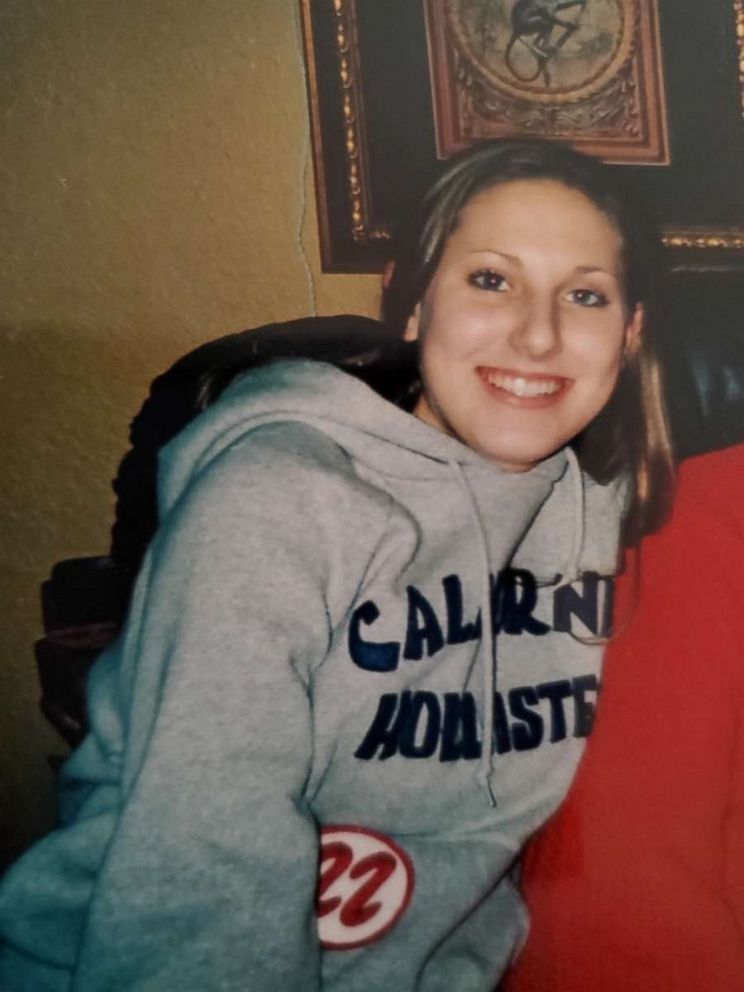
It was just before Christmas in 2004 when a friend approached Licata, then a 16-year-old high school student, with an opportunity to make some quick cash to buy presents for her brothers and sisters. Licata says her friend told her that all she had to do was to give a massage to some old man in a "facility-type setting," and she would be paid $200.
"So I told her, 'Yeah, I would love to make some extra money for Christmas,'" Licata said.
After finishing a work shift at a local supermarket in West Palm Beach, Licata said the friend picked her up for their trip to the island.
"When we stopped in his driveway," Licata said, "She started telling me there's going to be a guy that you're going to give a massage to. He's going to ask you to take your shirt off and your pants off. But don't worry, you can keep your underwear and your bra on."
Licata had no idea at the time that she was about to enter the Palm Beach mansion of Jeffrey Epstein, then a 51-year-old mega-wealthy financier who would, over the next three years, come under investigation by local and federal authorities in Florida for alleged sexual crimes against more than 30 underage girls.
"This was becoming a little bit more scary and real and something completely different than what I thought was supposed to happen," Licata said.
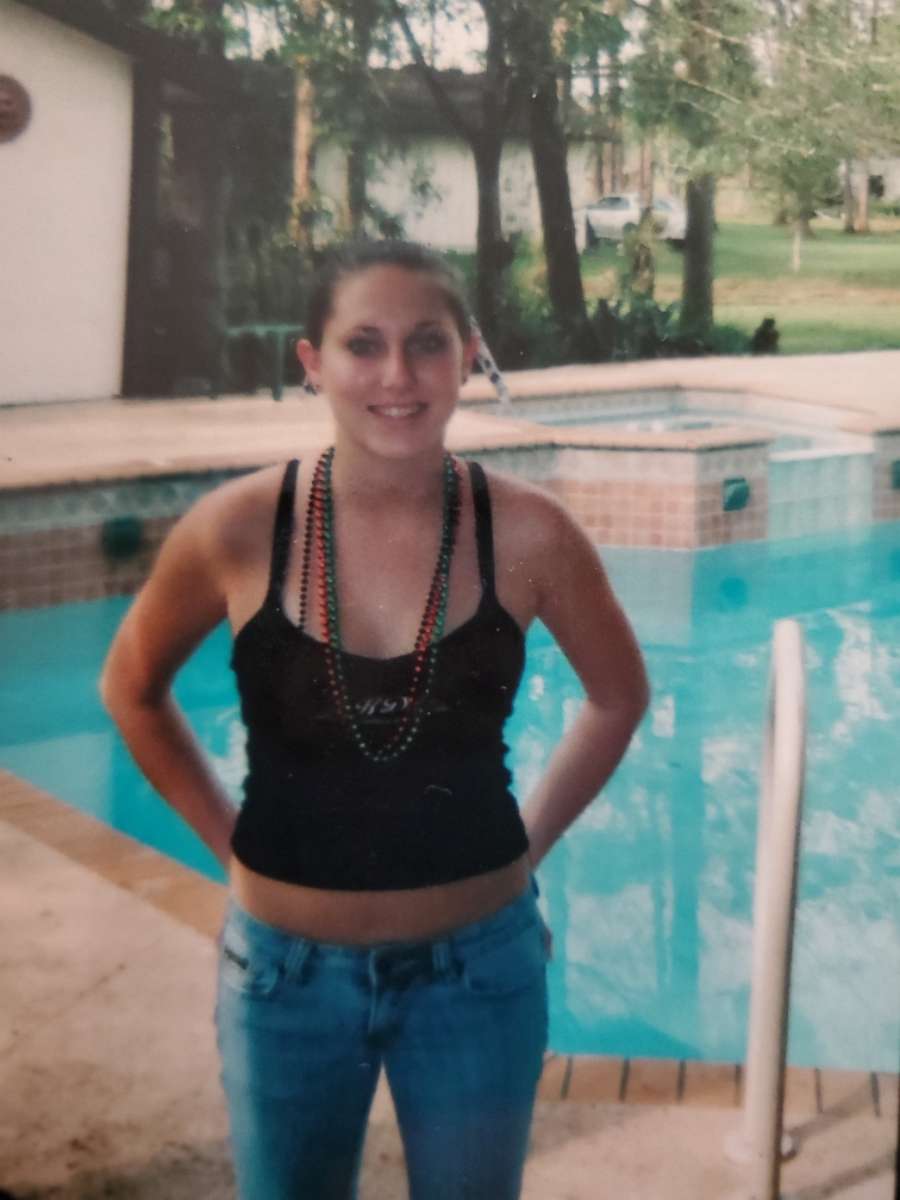
As she and the other girl walked up to the house, Licata recalled being greeted "by a couple of ladies" who looked like supermodels. She also noticed there were other adults all around the property.
"It was just people that worked for him," Licata said. "There was a guy outside trimming flowers. People at the pool, people that are just hanging out. But nobody looked up. Nobody really cared that there were young girls walking into the back of this old man's mansion."
Licata, now a 31-year-old mother, is one of nine women who were interviewed by ABC News over the past year about their traumatic experiences with Epstein in Palm Beach and elsewhere at his homes around the country. Their harrowing personal accounts will be featured in the two-hour ABC News special "Truth and Lies: Jeffrey Epstein" and in a multi-episode podcast debuting the same day.
Click here to subscribe to the podcast.
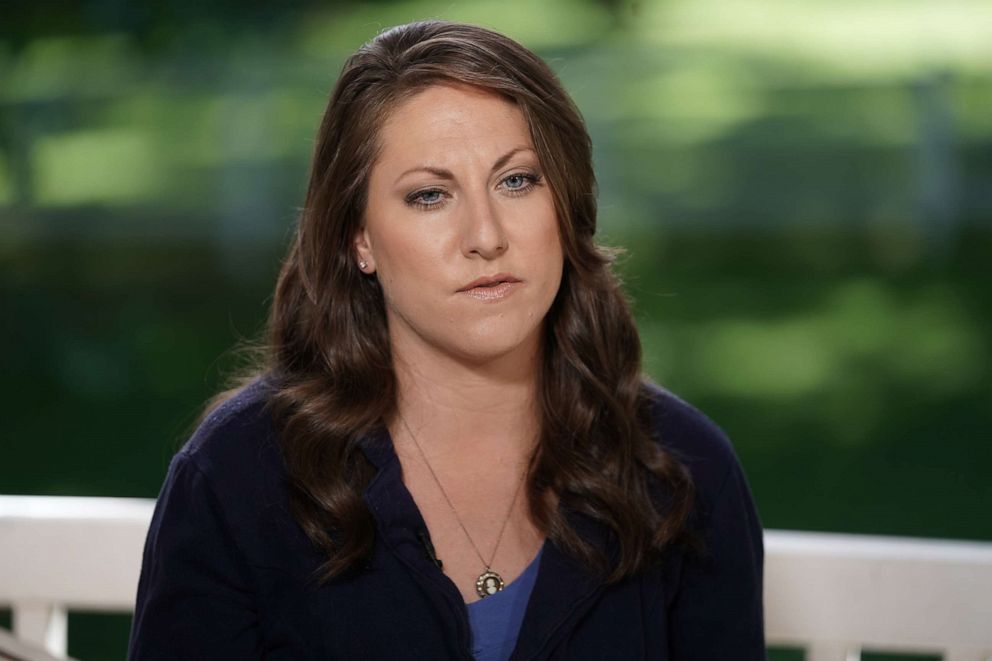
Licata said that on the day she went to Epstein's home, she was led upstairs by a young woman to a large bathroom where Epstein was talking on the phone, already laying face down on a massage table. The woman set a timer, she said, and left Licata alone in the room to begin the massage.
"After he flipped over, when he had gotten off the phone, he told me to take my clothes off," Licata said. "He was touching me. He was touching my boobs. He was touching my hips, my butt."
Licata said Epstein appeared to be masturbating, and that she kept her eyes focused up high, scared to look down.
"His face was enough to terrify me for the rest of my life and haunt me for the rest of my life," she said.
After it ended, Licata said Epstein gave her $300; $200 for her and $100 for the girl who brought her there, who was waiting downstairs to take her home.,
"I put my sunglasses on, and I cried all the way home," Licata said. "And I was just thinking, 'I'm never going to let anybody touch me again. I don't want anybody to look at me. I don't want anybody to touch me.'"
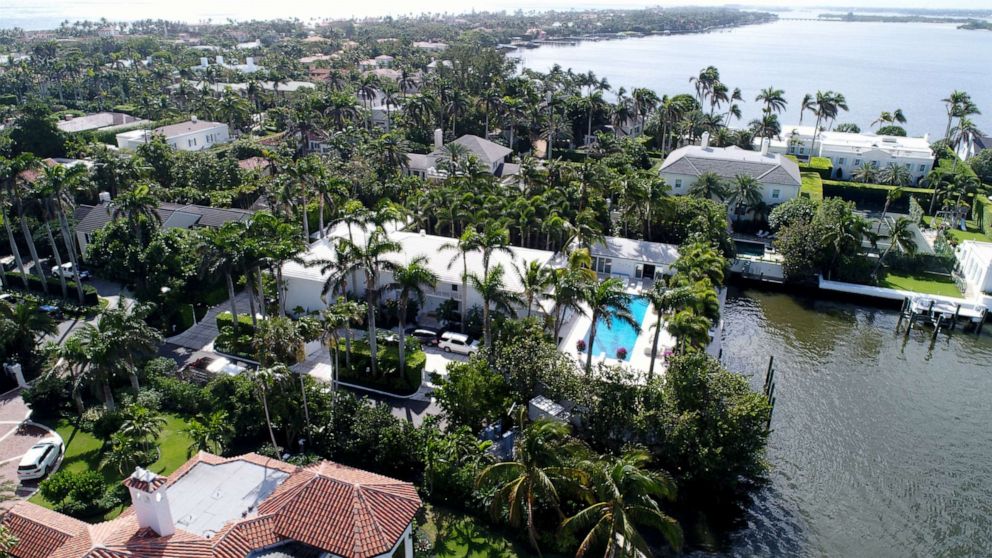
Licata said she didn't tell her family about what Epstein had done until a year later, when Palm Beach Police detectives showed up at her door.
"The girls were certainly afraid to talk," said Michael Reiter, the chief of police in Palm Beach at the time of the Epstein investigation. "All along the way, they said, 'This is a very powerful guy.' Fear and the belief that nobody would believe their story made most of them very reluctant to cooperate."
The victims' reluctance to come forward along with the shame many of them felt after being lured into the situation, experts say, likely allowed Epstein's scheme to go undetected in Palm Beach for years before the police began to investigate.
"A lot of times, what girls will choose to think is, 'This is my fault,'" said Jamie Howard, a clinical psychologist at The Child Mind Institute. "And so, I'm not going to tell anyone. I don't want to be blamed. I don't want people to think that I've done something really wrong, and then I'll get in trouble. So I'll keep it to myself and I'll have all of this shame."
"Being in such an expensive house and just where he lived in general showed you that he was above us already," said Jena-Lisa Jones, who was 14 when she said Epstein assaulted her during a massage at his Palm Beach home. "It made me feel like if I would have told somebody, they weren't gonna believe me."
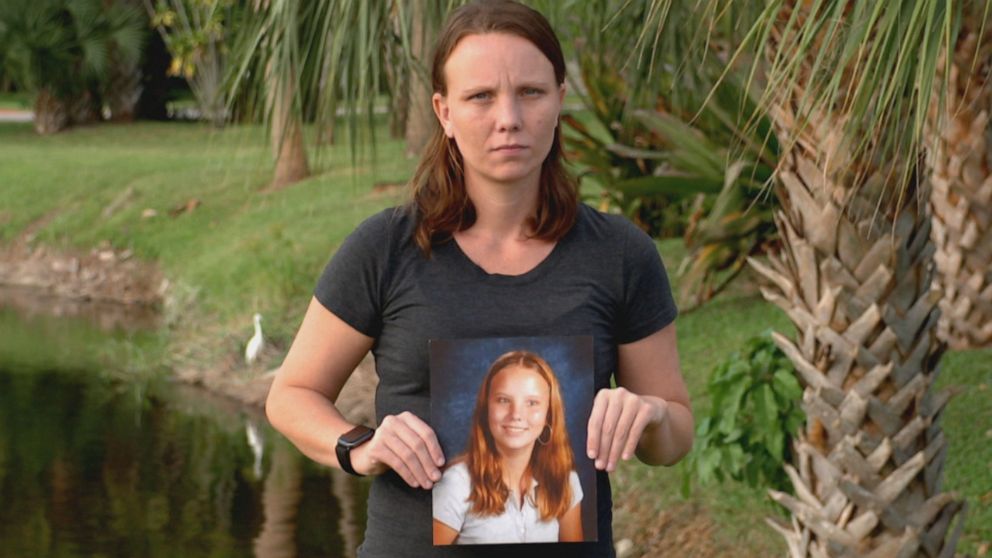
Even today, some of the women who spoke to ABC News would do so only if their identities were concealed and their names withheld.
"I want my story to be heard," said one woman who went to Epstein's once and never returned. "But at the same time, I'm a mom, I have a career. It's an embarrassing situation and it's something that still bothers me."
Three of the women who spoke on condition that ABC News not name them -- all of whom have been friends since high school -- said they were recruited separately in 2003, when they were 17, and that they were told nothing of what to expect from Epstein beyond the massage.
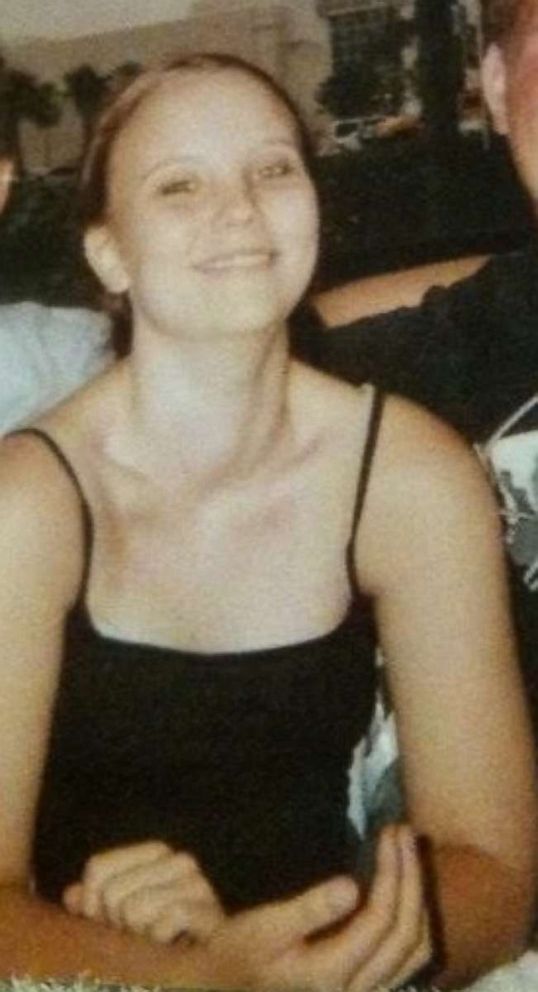
"He reached around and grabbed my butt," said one of the three. "And I remember smacking his arm away and telling him, 'Don't touch me.' And then he did it again and I said, 'I told you to not touch me.' And he immediately got off the table and said, 'You're done.' And all I remember is thinking this guy is gonna rape me. I mean, he's already touched me twice and I told him to stop, and now he's angry."
She escaped the situation but said she didn't tell her parents or the authorities about it until years later.
"I almost felt scared to talk. Like, was I going to get in trouble? Did I do something wrong that I could be arrested?" the unnamed woman said. "I was young. I had blamed myself for all these years.I was definitely scared to talk."
Despite those hurdles, Palm Beach Police detectives would ultimately conduct interviews with more than 20 alleged victims and witnesses over the course of a year-long investigation beginning in early 2005.
"Victim A would tell us about Victim B, Victim B would tell us about Victim C and D, and each of them, it was a tree that branched out from there," Reiter said. "They were basically the same story. This is what the house looks like. This is what they had me do. This is where they found me. This is what I was told. This is what I was offered."
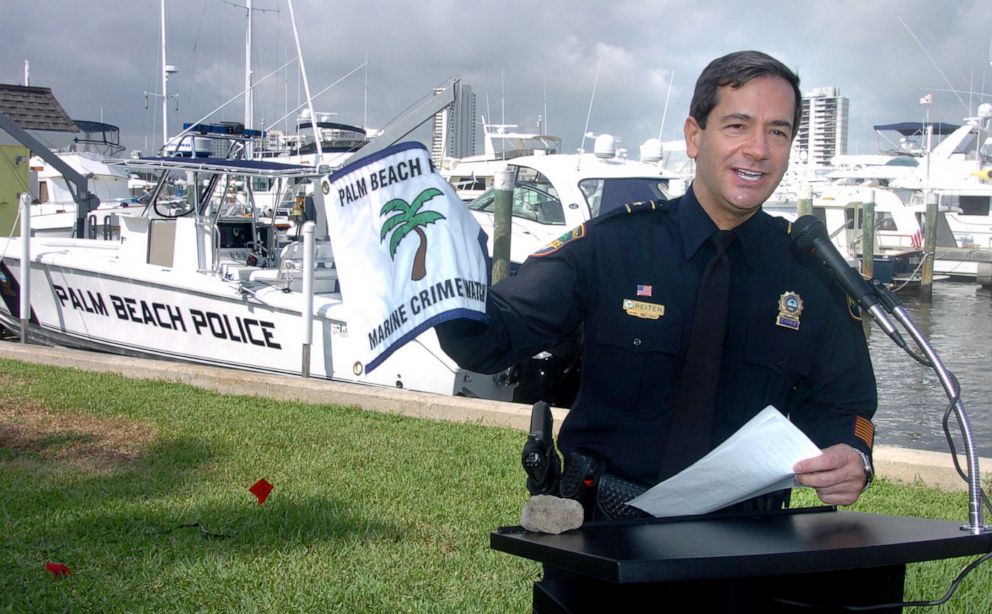
"[Epstein] really just had middle schoolers and high schoolers all over Palm Beach running around and trying to recruit for him, trying to recruit other little kids," said Brad Edwards, a victims' rights lawyer who has represented several Epstein accusers over the past 11 years. "He would literally have three a day, lined up, all the time, at maybe 9:00 [a.m.], another one at 12:00 [p.m.] and another one at 4:00 [p.m.]."
Shortly after the first victim's report, Reiter ordered 24-hour surveillance on Epstein's home and organized a plan to retrieve Epstein's trash, from which they recovered message pads with the names of possible additional victims, along with the timing of their visits.
"It was an important case to us, and we assigned a lot of resources to it and did all that we could to put the investigation together so we could offer it to prosecution," Reiter said."It was pretty clear to us that Epstein preferred pubescent and prepubescent girls, which makes it more vile and disgusting."
Reiter said he informed the local prosecutor at the time, Palm Beach County State Attorney Barry Krischer, about the case early on, knowing that it would ultimately be Krischer's call on filing any charges against Epstein.
"I told him that we would be presenting a case shortly that was a sex-crime case," Reiter recalled. "It involved numerous victims, that the perpetrator was a 50-some-year-old male, and the victims were in their early teens. He asked me the person's name, I told him it was Jeffrey Epstein. And he said, 'I never heard of the guy.' And he remarked, 'From what you've told me, we'll put him away for the rest of his life, and this'll be an easy case.'"
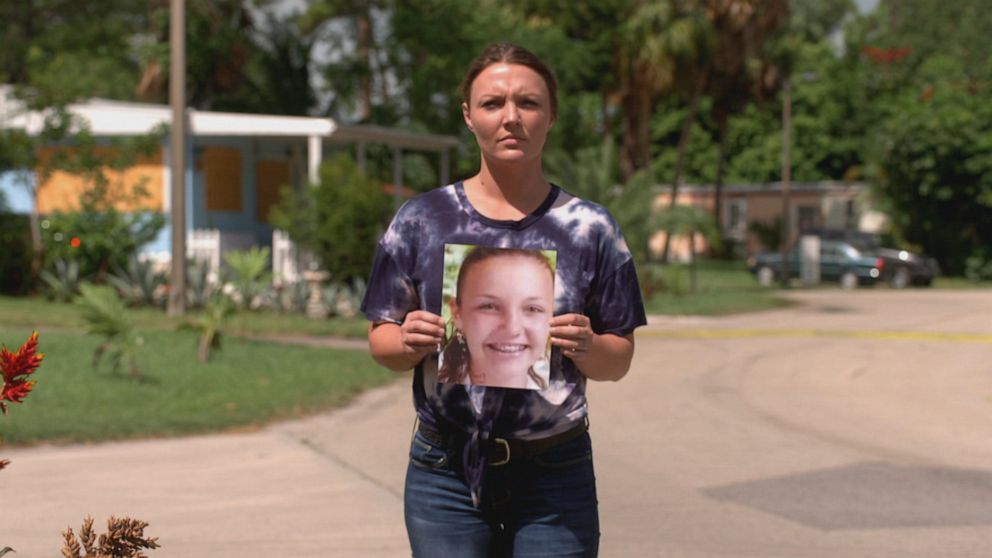
Among the girls who were lured to Epstein's home was Courtney Wild, who is now 32. She said she was 14 years old when she started to hear about other girls who were making money from a rich old guy in Palm Beach.
"I was told that he was a brain surgeon or he was a doctor of some sort," Wild said. "I knew he had money. I had no idea who he was, though."
Wild was eventually persuaded by Epstein to recruit other girls for him. But she started like everyone else, going over to his home to give him massages that invariably turned sexual.
"She is indoctrinated to believe when she's very young that this is appropriate behavior and this is just what the rich and powerful do," said Edwards, Wild's attorney. "Once you train a 14-year-old that this behavior is OK, and she gets used to the money that comes with it, you've groomed her perfectly."
"When you perpetrate this kind of sexual assault against someone who's so young, they're also impressionable. Their brain is still developing." Howard said. "They are more likely to be suggestible, and what can happen also is they habituate to this. It starts to become normal; not so bad."
Wild later broke free of Epstein and ultimately became a major force in trying to bring him to justice and to hold the government accountable for its lenient treatment of Epstein. She said much of her motivation comes from the remorse she feels for introducing other girls to Epstein.
"I hold such an extreme amount of guilt for bringing these girls, and now that I've gotten older, I just hold so much guilt for ever having somebody do that or introducing that to somebody's life," Wild said.
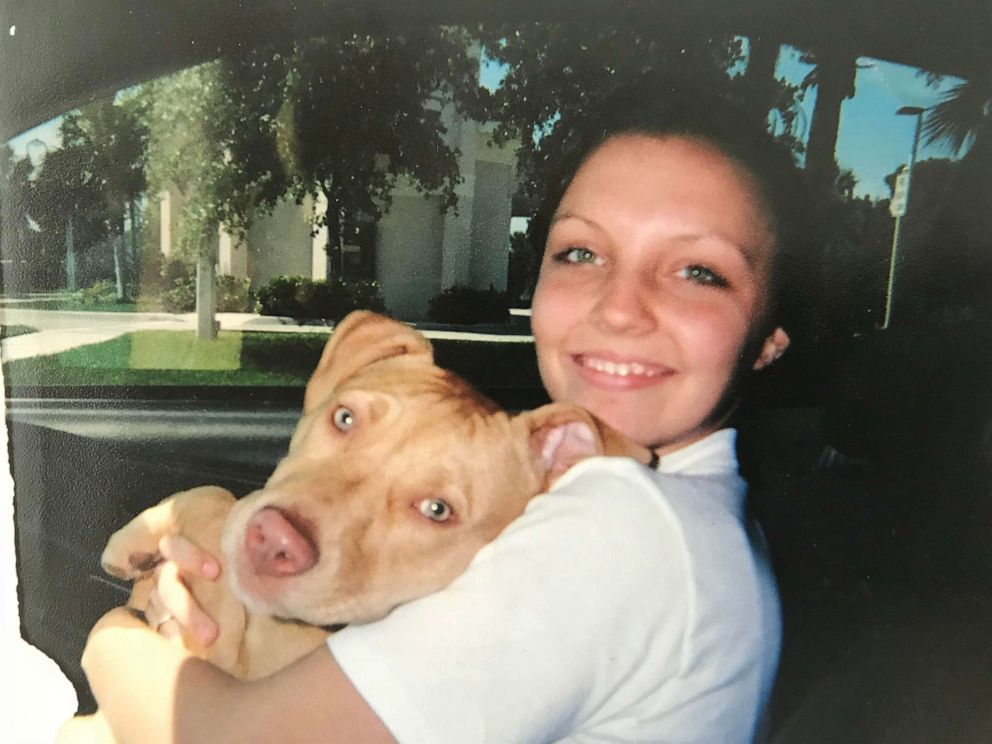
As the police investigation progressed in Palm Beach, Epstein learned he was the target and assembled a team of defense lawyers who began communicating with the prosecutor's office about the case and the backgrounds of some of the alleged victims and their families.
Soon after, Reiter said he and his detectives began to notice a sea change in the attitude coming from Krischer.
"We felt as though we were speaking to a defense attorney instead of a prosecutor," Reiter said. "He was advocating the suspect's position that these really weren't all that serious of circumstances. The victims were untruthful. They wouldn't make good witnesses at trial. There's lots of reasons why this case shouldn't be prosecuted. It was unbelievable then and it's even more unbelievable now."
Reiter says that Krischer eventually told him that he thought the case against Epstein should be resolved with a misdemeanor molestation charge, which would not have carried a requirement for sex offender registration.
"I couldn't accept that as a way to resolve this case," Reiter said. "I don't think they were counting on me. Everybody else fell into line, but I could not. Our number-one job is to protect the public and, you know, 14- and 15-year-old girls are very vulnerable and if we can't protect them, what are we doing here?"
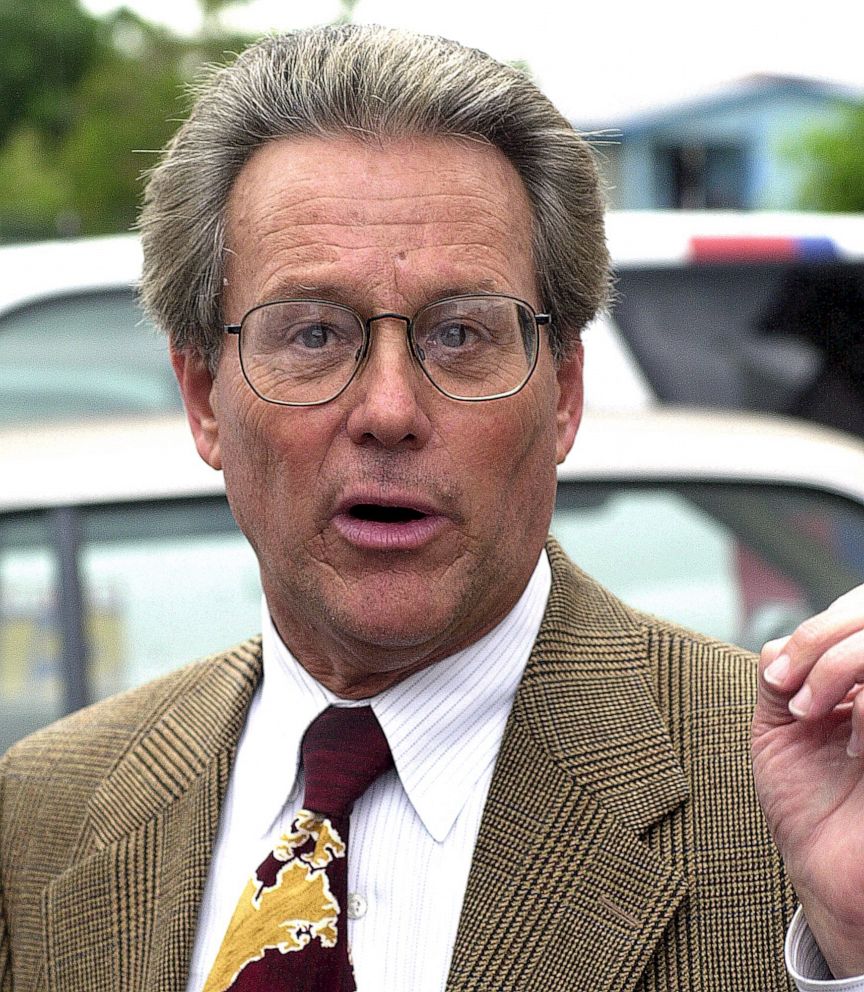
On May 1, 2006, the Palm Beach Police Department forwarded its full investigative report on Epstein to the prosecutor's office, along with recommendations for five felony charges against Epstein. Included in the submission was a letter from Reiter asking Krischer to remove himself from the case.
Reiter never heard back from Krischer about the letter, and the prosecutor's office took no action on the recommended charges. Instead, Krischer took the case two months later to a grand jury, which returned a single count felony indictment for solicitation of prostitution.
"Calling these girls prostitutes is a very offensive thing," Reiter said. "They need to be apologized [to] for that. Prostitution conveys that there is no victim in this. A child can't be willing. A child can't consent to this."
"We weren't prostitutes," said Jones, now a 31-year-old mother of three. "We weren't whores. We were children."
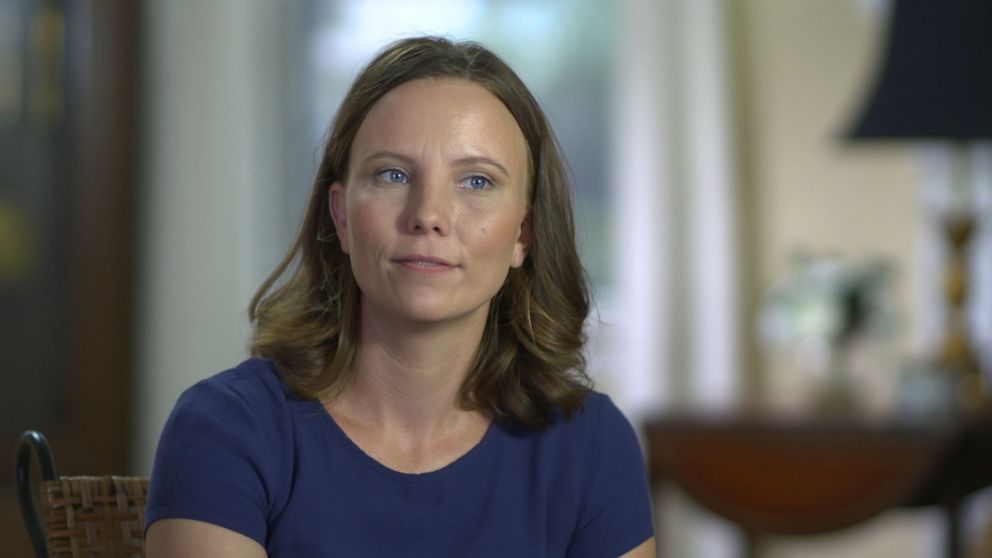
"It's such a deep hurt to be called those things," Wild said. "That's not OK to feel the emotions, even to this day, that it brings to me. That will never be OK to be identified as that."
On the same day that Epstein's indictment was made public, Reiter received a call from the FBI asking to take over the case. He and his lead detective spent hours briefing the agents and a federal prosecutor. Reiter left feeling hopeful that a renewed and wider probe of Epstein's activity would result in appropriate charges.
But after nearly two years of investigation, the federal government -- without informing the alleged victims -- entered into a then-secret non-prosecution agreement with Epstein that spared him a potential lengthy prison sentence in exchange for guilty pleas to two lesser state prostitution charges. He served just 13 months of an 18-month sentence in a private wing of a county jail, and was released in 2009.
"This was a mockery of the criminal justice system," Reiter said. "I think that everybody should awaken to that, and now we need to fix it. Sometimes you have to hit bottom before you can repair the situation. I think this is a bottom-hitting case, and now let's find ways to fix it so it doesn't happen again."
Even after Epstein's re-arrest on federal child sex trafficking charges in July 2019 and his death a month later, many of his victims still feel betrayed by the way they were treated and are looking for answers as to why the system treated him with such obvious leniency.
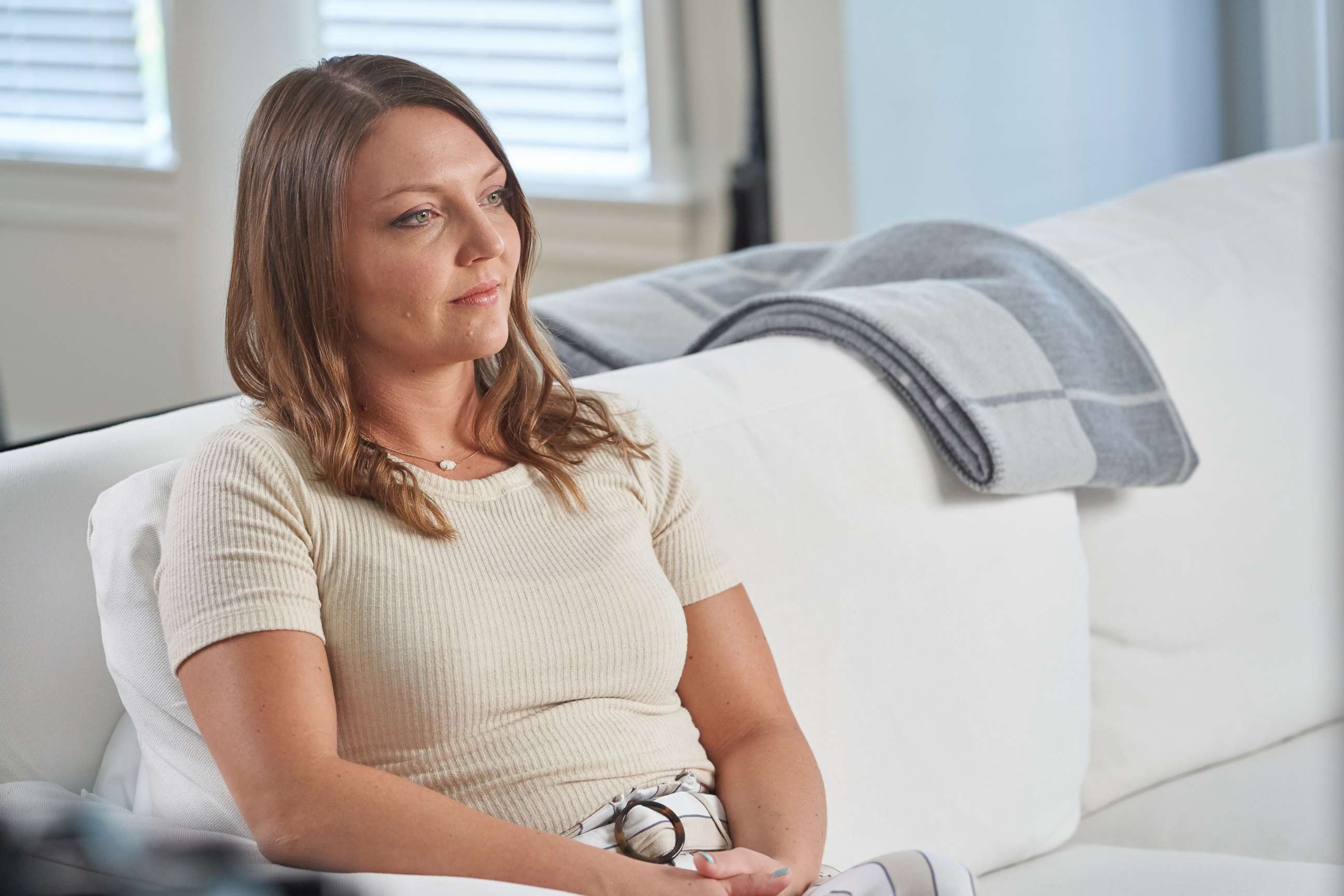
"And at the end of the day, I still feel like there's no closure. I haven't gotten any closure from this, and for all the other victims," Wild said. "Justice hasn't been served yet. And we want to know why."
Krischer, the former Palm Beach County state attorney, did not respond to ABC News' efforts to reach him for comment. In his lone statement on the case since Epstein's re-arrest last year in New York, he defended his office’s actions in the case.
"The State Attorney's Office took the Palm Beach Police Department's investigation to a grand jury...[which] returned a single count indictment of felony solicitation of prostitution, a third-degree felony," the statement read in part.
Krischer's handling of the case, and Epstein's subsequent indulgent treatment in jail, where he was granted liberal work release privileges by the county sheriff, are currently being reviewed in an investigation that was ordered by Florida Governor Ron DeSantis in August.




